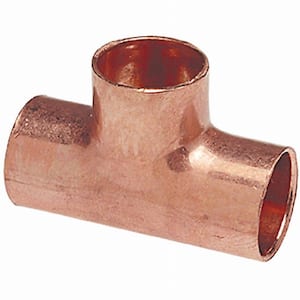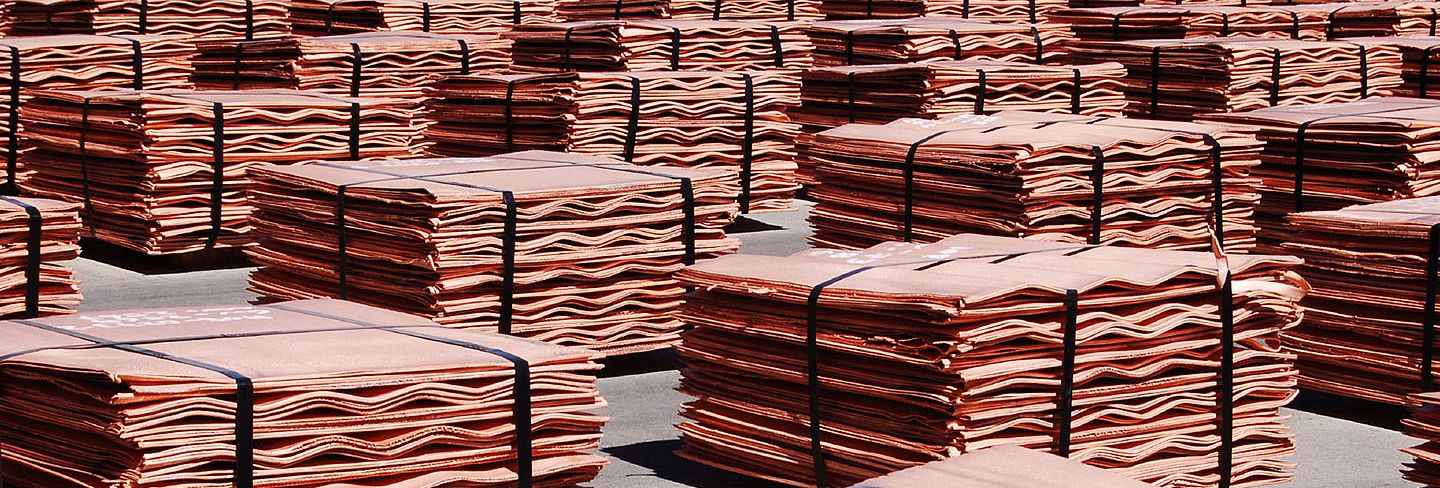Discover the Benefits of Using High-Quality Copper Products for Home and Market
Discover the Benefits of Using High-Quality Copper Products for Home and Market
Blog Article
Discovering the Diverse Applications of Copper Products in Modern Industries
Copper products have actually developed themselves as indispensable components throughout a myriad of modern-day industries, primarily due to their impressive conductivity, pliability, and resistance to corrosion. From improving the performance of electric systems to playing a vital duty in eco-friendly energy modern technologies, the versatility of copper appears. Its recyclability settings it as a lasting option in manufacturing and electronic devices. As sectors progressively prioritize technology and sustainability, the diverse applications of copper call for a closer evaluation, especially concerning their potential influence on future technological advancements and environmental techniques.
Electrical Applications of Copper
Copper is a vital material in the electrical industry, representing approximately 60% of the total need for non-ferrous metals internationally - Copper Products. Its exceptional electric conductivity, which is virtually two times that of aluminum, makes it the recommended selection for a wide variety of electrical applications. From wiring systems in household and business buildings to high-voltage power transmission lines, copper makes sure effectiveness and reliability in electricity distribution
In addition to wiring, copper is essential to the production of electrical components such as electric motors, generators, and transformers. These elements leverage copper's thermal conductivity and malleability, necessary for warmth dissipation and reliable efficiency. Copper's resistance to deterioration improves the lifespan and resilience of electric systems, making it a cost-efficient remedy in the long term.
The growth of renewable power sources, such as solar and wind power, has actually further increased the demand for copper in electric applications. As industries shift towards lasting power services, copper's duty ends up being much more critical. Generally, the convenience and efficiency qualities of copper strengthen its status as a keystone product within the electrical field, driving development and efficiency across various applications.
Plumbing and Piping Solutions
In modern pipes systems, the choice of products substantially influences both capability and longevity. Copper has actually become a favored choice due to its special residential properties, consisting of corrosion resistance and antimicrobial qualities. These features guarantee that copper piping remains sturdy and safe for transporting drinkable water, an important consideration in residential and commercial applications.
One of the vital benefits of copper in plumbing is its capability to withstand high temperatures and pressures, making it ideal for a range of applications, from warm water systems to heating and cooling down networks. Furthermore, copper's flexibility allows for less complicated installation in complex piping formats, decreasing the threat of leaks and failures.
An additional noteworthy advantage is copper's lengthy lifespan, often exceeding half a century with appropriate upkeep. This durability not only minimizes replacement expenses but additionally adds to lasting practices by minimizing waste. Additionally, copper's recyclability aligns with contemporary ecological requirements, promoting a circular economy within the plumbing sector.
Copper in Renewable Resource
The adaptability of copper extends beyond pipes applications, playing a vital role in the renewable energy market. In solar panels, copper is made use of in solar cells and electrical wiring, helping with effective power conversion and transmission.

Moreover, as the international find need for electric lorries (EVs) increases, copper's role in battery systems and charging facilities comes to be also extra significant. The product's capability to carry out electricity effectively is indispensable to the performance of EV batteries, enhancing array and billing speed.
Copper's Function in Electronics
Electronic devices producing counts heavily on copper's extraordinary properties, particularly its high electrical conductivity and thermal effectiveness. These characteristics make copper an optimal choice for a variety of digital components, consisting of connectors, circuit card, and electrical wiring. The metal's capacity to effectively transmit electric signals makes certain marginal energy loss, which is vital in high-performance digital devices.
In addition, copper's thermal conductivity plays a substantial function in heat dissipation, protecting delicate parts from overheating. This is specifically essential in contemporary electronic devices, where compact styles result in boosted warmth generation. Copper is likewise preferred for its pliability and ductility, enabling it to be easily formed into complex designs that fulfill the demands of sophisticated electronic applications.
With the surge get more of customer electronics, telecoms, and electric vehicles, the need for copper in the electronics sector continues to grow. Therefore, copper stays a foundation material in the ever-expanding field of electronic devices.
Ingenious Uses in Production

One remarkable application is in additive production, where copper-based products are used in 3D printing procedures. This permits the production of intricate geometries and lightweight components, specifically in the aerospace and automotive sectors. Furthermore, copper's thermal conductivity makes it an excellent selection for heat exchangers, boosting efficiency in industrial cooling systems.
Additionally, the rise of clever manufacturing has actually seen the incorporation of copper in IoT gadgets, where its conductive capacities support advanced noticing innovations. In the realm of renewable resource, copper is crucial in the manufacturing of solar panels and wind turbines, promoting extra reliable energy conversion and circulation.
As sectors aim for sustainability and advancement, copper's adaptability and performance continue to place it as an important material, driving innovations in manufacturing and adding to the development of smarter, a lot more efficient products.
Final Thought
In summary, copper products show exceptional convenience throughout numerous modern-day markets. Copper Products. Their remarkable conductivity improves electrical applications, while deterioration resistance makes sure reliability in pipes. The essential role of copper in renewable energy and its crucial function in electronic devices underscore its importance beforehand sustainable practices. Furthermore, ingenious uses in making highlight copper's flexibility and enduring importance. Collectively, these applications illustrate copper's important payment to technical progression and industrial efficiency in modern culture.
From enhancing the effectiveness of electrical systems to playing an essential duty in eco-friendly energy modern technologies, the adaptability of copper is evident. As industries progressively focus on technology and sustainability, the diverse applications of copper warrant a closer evaluation, specifically concerning their potential effect on future ecological methods and technical advancements.
The development of renewable energy sources, such as solar and wind go to this website power, has actually further boosted the need for copper in electric applications. Overall, the adaptability and performance features of copper solidify its status as a cornerstone material within the electrical market, driving development and performance throughout various applications.
The flexibility of copper prolongs beyond pipes applications, playing an important function in the sustainable energy industry.
Report this page